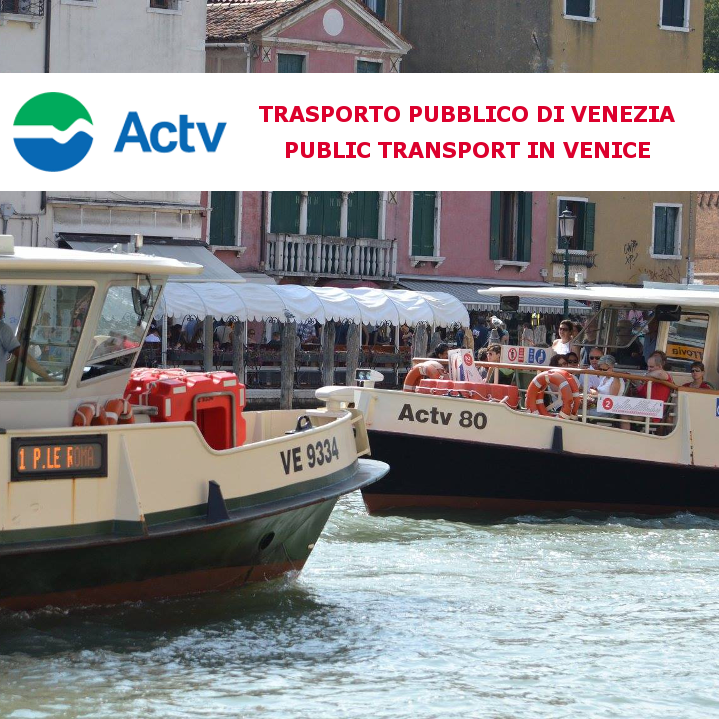You are here
HIGH WATER
For a few days a year, usually in autumn and winter, you may find that there is high water in the allies (calli) and squares (campielli).
Because of a series of phenomena - the strong south-east wind (scirocco), the Adriatic sea-currents, low pressure, gravitational attraction of the sun and the moon - the sea level rises to flood the lower areas of the city. These are floods of no more than a few centimetres that only last a couple of hours. The tide then goes out and everything returns to normal.
As a rule, you only need to wear a pair of rubber boots; the water buses continue their service, although some routes may be modified, but nevertheless access to the whole city is guaranteed. You can still reach the main places of the city on foot thanks to raised pedestrian platforms that allow you to cross the points where water would otherwise prevent you from doing so.
But how high does the high water get? A tide that exceeds 110 centimetres above the mareographic zero of Punta della Salute, a reference level in Venice since 1897, is considered high water. In the last decade, on average, the tide has exceeded 110 centimetres only six times a year; this means that for a few hours 12% of the city is flooded. When an exceptional tide is forecast, that is over 140 centimetres, which rarely occurs, about 59% of the historical centre is flooded, with a level that goes from a few centimetres to about 60 centimetres in St. Mark’s Square, the lowest area of the city.
On the high water days, an acoustic alert is given in the historic centre of Venice and on the islands. These are different warnings that precede the high tide and allow you to know in advance the expected tidal height.
High tide can be forecast: the Forecasts and Tide Centre of the City of Venice warns the Venetians when high water is expected. The Centre issues different forecasts per day, which can be consulted on the website and on the Municipality's social channels and other communication channels, which inform the tide level in Venice in real time, as well as the tide forecasts for the current day and the following two days.
The City of Venice has made six short informative videos to explain to visitors the phenomenon of high water and its impact on the city, in a clear and accessible way to all.
The initiative is part of the European Tourism-friendly Cities (TFC) project, funded by the URBACT program, which aims to suggest solutions to support the development of sustainable tourism





